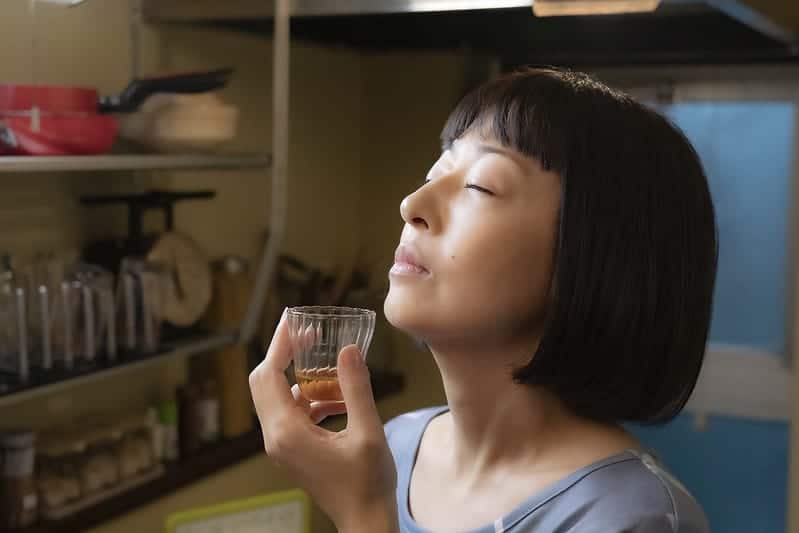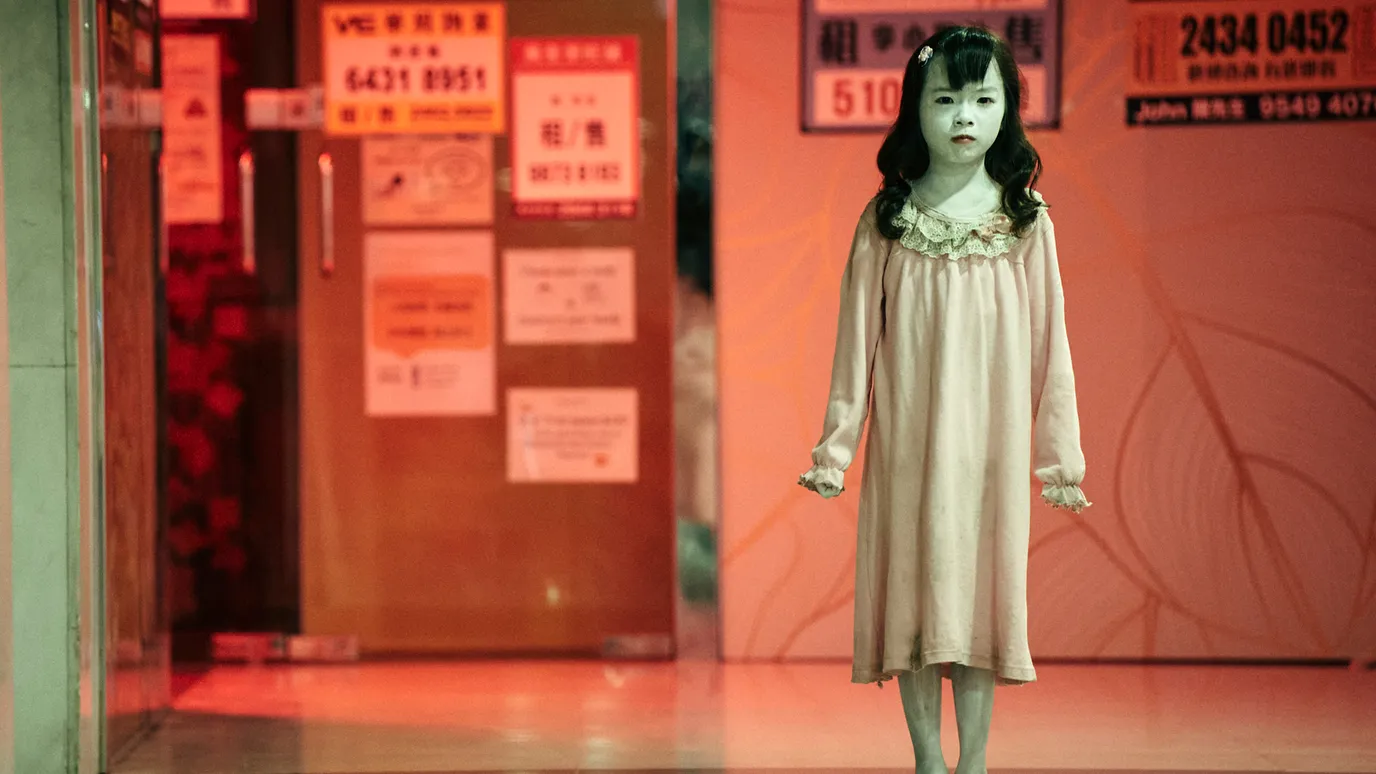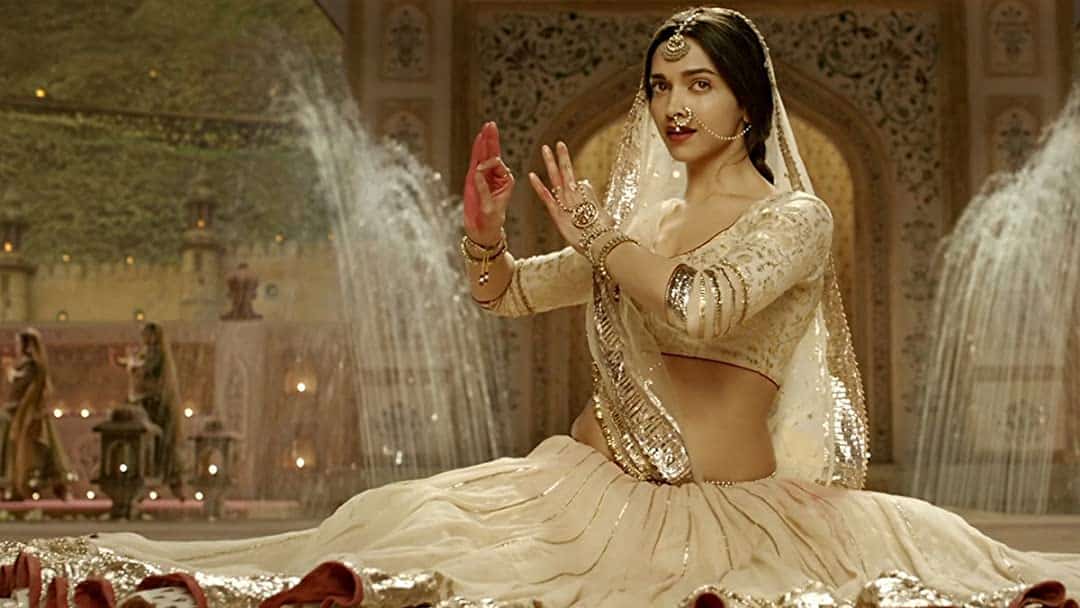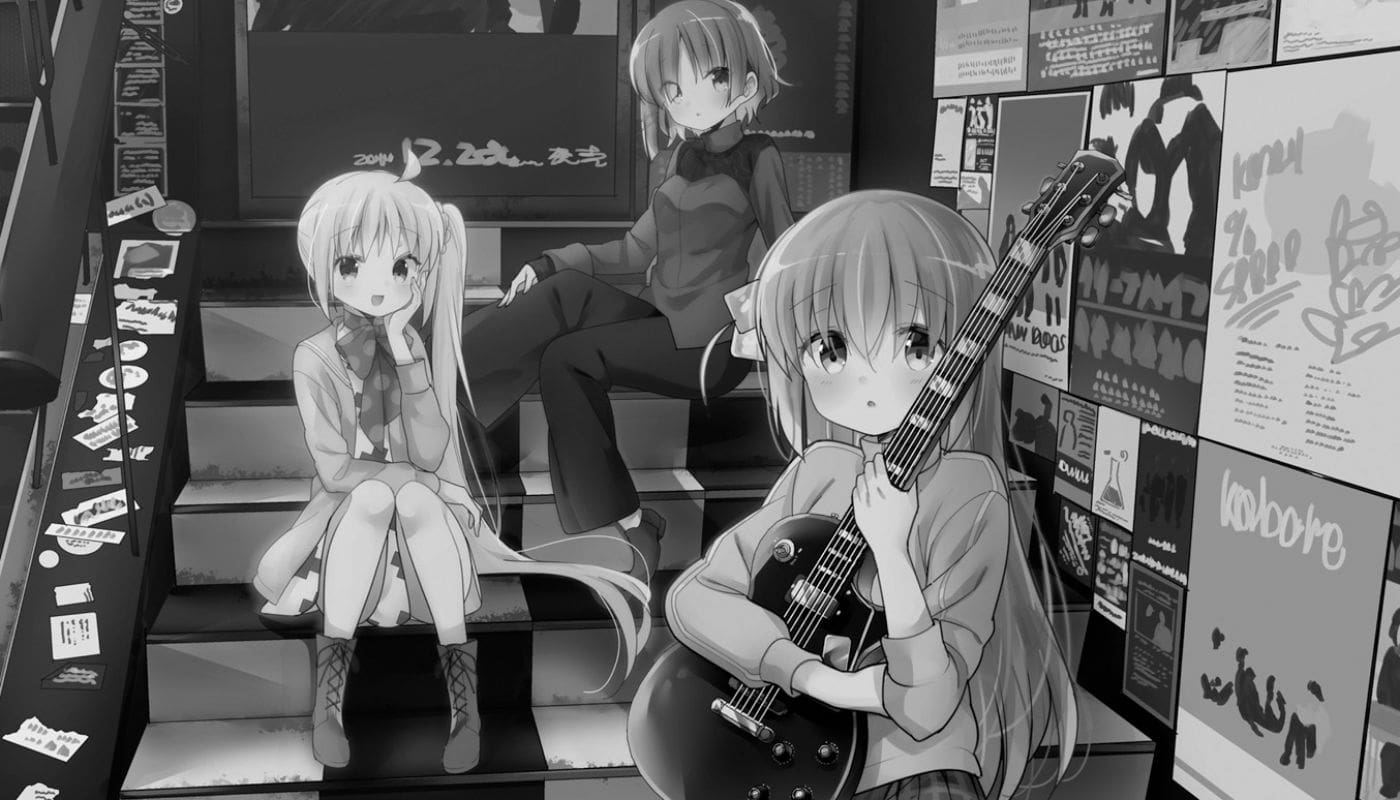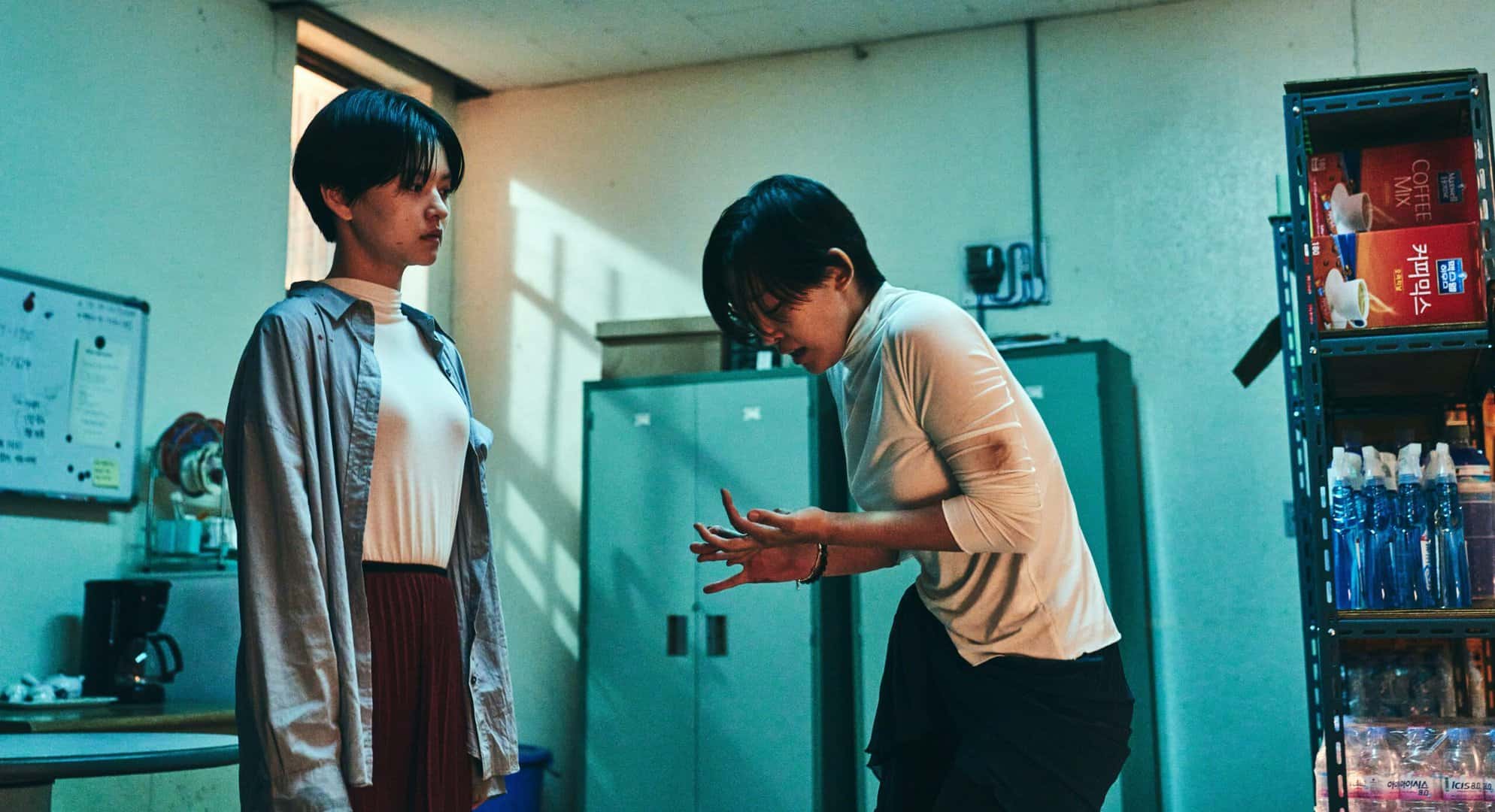Akiko Ooku continues her portrayal of Japanese women in her newest feature “My Sweet Grappa Remedies”. Looking at her filmography, the director seems to be going for a franchise about the different stages of female adulthood. In 2017 she started with “Tremble All You Want” about a 20-year-old girl, which was followed by “Marriage Hunting Beauty” (2019) about the dating jungle of a 30 something woman. This movie focuses on a woman in her 40s.
“My Sweet Grappa Remedies” is screening at Udine Far East Film Festival 2020

Yasuko Matsuyuki (“Fullmetal Alchemist” 2017), prominently known for being the face of many TV ads in the 90s, plays single part-time employee Yoshiko. Although single, Yoshiko is happy with her life, documenting everything in her diary and going out with her co-worker Wakabayashi, who is embodied by Haru Kuroki (“The Antique” 2018). The love interest comes into play with Shimizu Hiroya (“Liverleaf” 2018) as junior colleague Okamoto, who is 24 years younger than Yoshiko. With his appearance, Yoshiko's life is about to change, or not?
“My Sweet Grappa Remedies” is all about the inner life of its main protagonist. Yoshiko, a character based on a book by stand-up comedian Jiro, is a melancholic person. Due to her nostalgic views, her surroundings are charged with emotional virtue. The audience is well-informed by inner monologues, which reveal the wish to have children and a deep desire to find a matching partner. Yoshiko develops a kind of sadness expressed in her philosophy of daily life.
Most of the movie is about this sadness and a woman who got lost in her identification process. It is not a sad film, though. Rather, “My Sweet Grappa Remedies”, brilliantly creates a fragility and realism in its making. Hand-held camera shots and serene music plus a combination of soft-focus and overexposure, are the stylistic elements that shape the apparition of the film. Akiko Ooku pays heed to symbolic shots, centering around bright color objects, which seem to indicate its emotional value for Yoshiko. Unlike “Tremble All You Want” or “Marriage Hunting Beauty”, the tone is more sincere and reminds of older projects like “Hokago Lost” (2014).
Near the end, the story becomes slower and drags on. Much like the main character, the script is undecided wheater this should turn out good or bad. But Ooku chooses both by accepting the sadness as a hint to enjoy life to the fullest. By making remarks to the self-confident characters of author Banana Yoshimoto and her descriptions of daily life, she puts out her most complex work to date.


